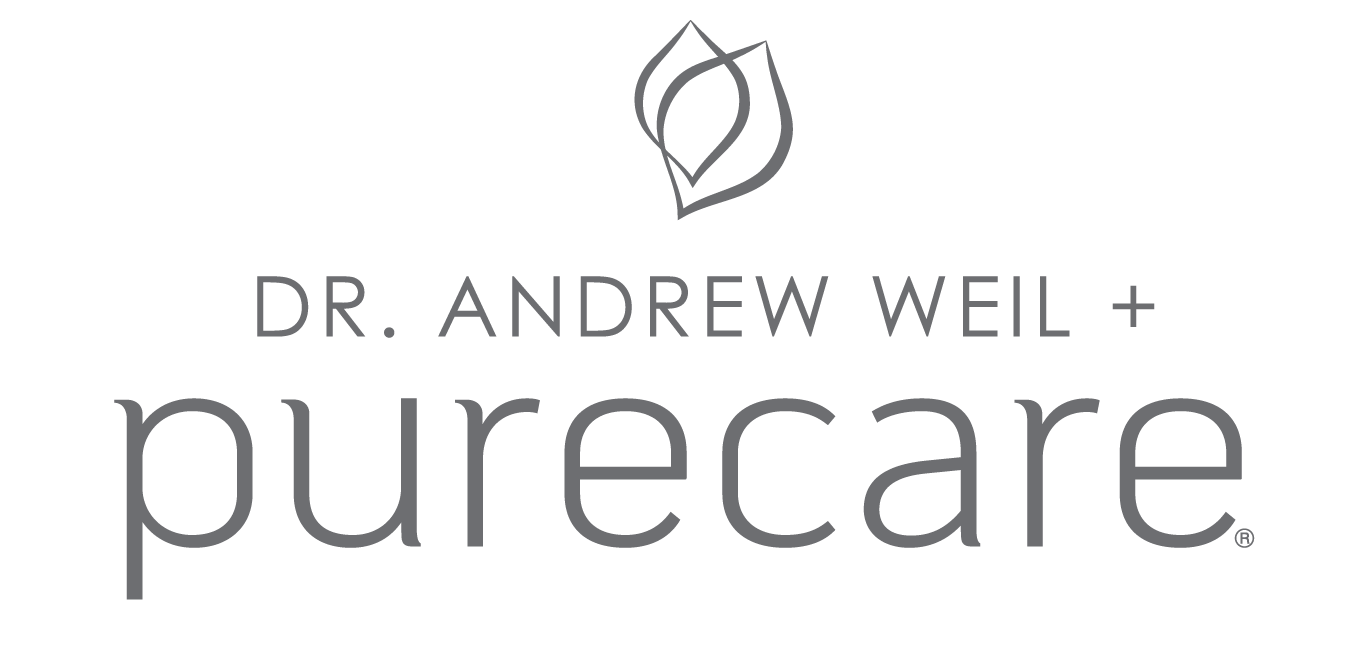4 Ways To Manage Inflammation

Inflammation, which appears to be an underlying cause of age-related health conditions including Alzheimer’s disease, heart conditions and certain cancers, can be tamed through diet and lifestyle – eating my Anti-Inflammatory Diet is a foundational start. The following four herbs and medications have powerful anti-inflammatory effects, and may be helpful in minimizing this detrimental inflammation:
- Ginger (Zingiber officinale). Dried, powdered ginger is a potent anti-inflammatory agent, and capsules are readily available in health food stores. Choose products that are a standardized extract of active components and start with one gram per day (usually two capsules), taken during or after a meal to avoid stomach irritation. There is no toxic dosage and you can stay on it indefinitely.
- Turmeric (Curcuma longa). The principal ingredient in mild yellow prepared mustard and in some curries, turmeric has excellent anti-inflammatory properties. This bright spice may also have a specific preventive effect against Alzheimer’s disease and may reduce the risk of cancer. Take a whole extract of turmeric, such as those prepared by the process of “supercritical extraction,” where the product is standardized to 95 percent curcuminoids. To enhance absorption, you should also target products that include the black pepper component piperine.
- Aspirin (acetylsalicylic acid). This time-honored pain medication offers a great many health benefits, including down-regulation of inflammation, decreased risk of heart attack and blood-thinning effects. There is a downside to aspirin – a potential risk of irritation and bleeding of the lining of the stomach and lower GI tract – but in general the health benefits of low-dose aspirin regimens often outweigh the risks particularly for higher risk individuals. Finding an enteric coated version can help lower this side effect concern and take near a meal to allow food to create a bit of a buffer. The best plan is to talk with your doctor to see if a daily aspirin is right for you as part of your anti-inflammatory strategy.
- Omega-3 fatty acids. The omega-3 fats, particularly the EPA and DHA derived from fatty fish like wild-caught salmon, have an anti-inflammatory effect with no real downside. If lowering inflammation is a high priority for you based on personal concern or family history, consider a daily supplemental fish oil from a high quality source.
Today’s Health Topics
Editor's Pick
Health Focus
Ask Dr. Weil's Q&A











